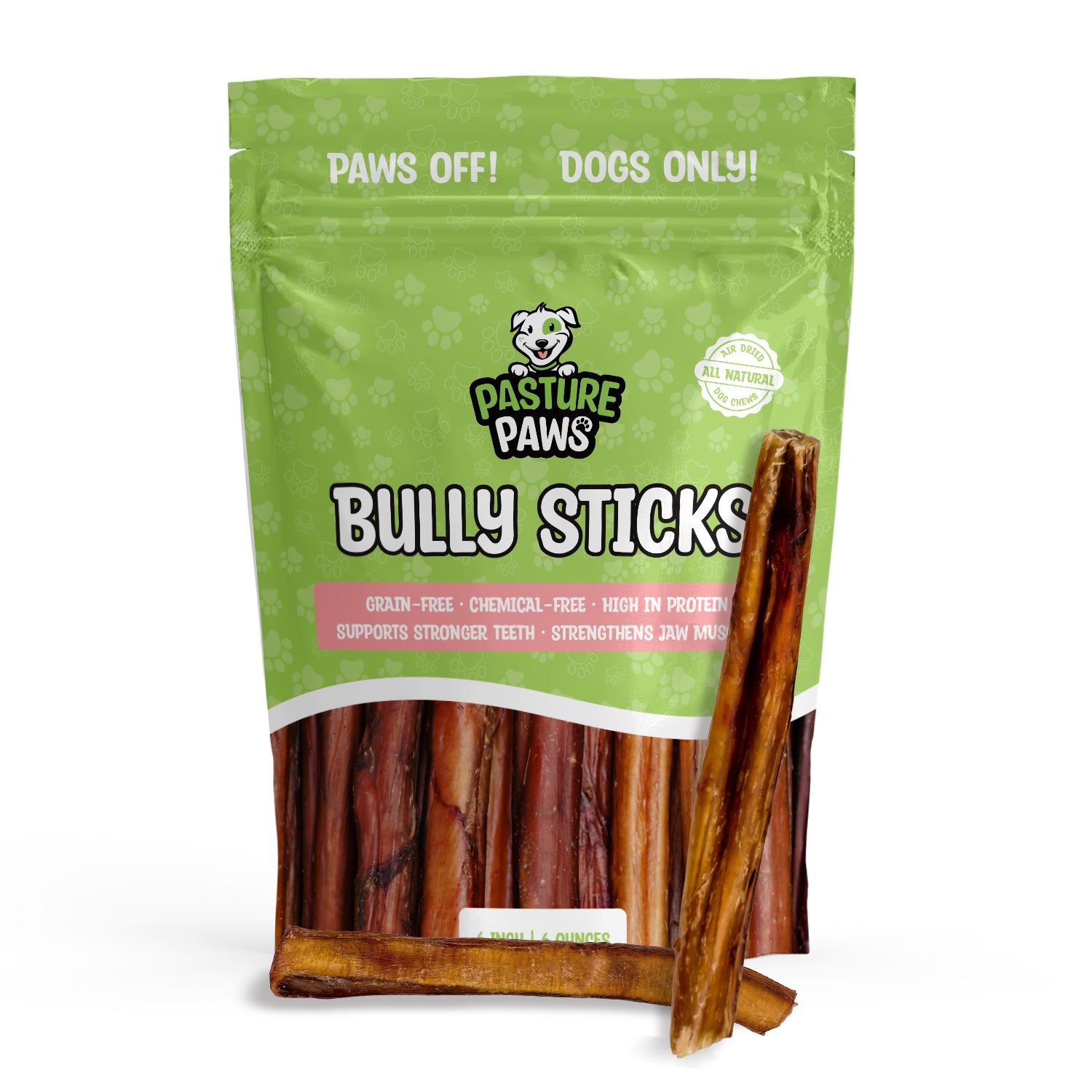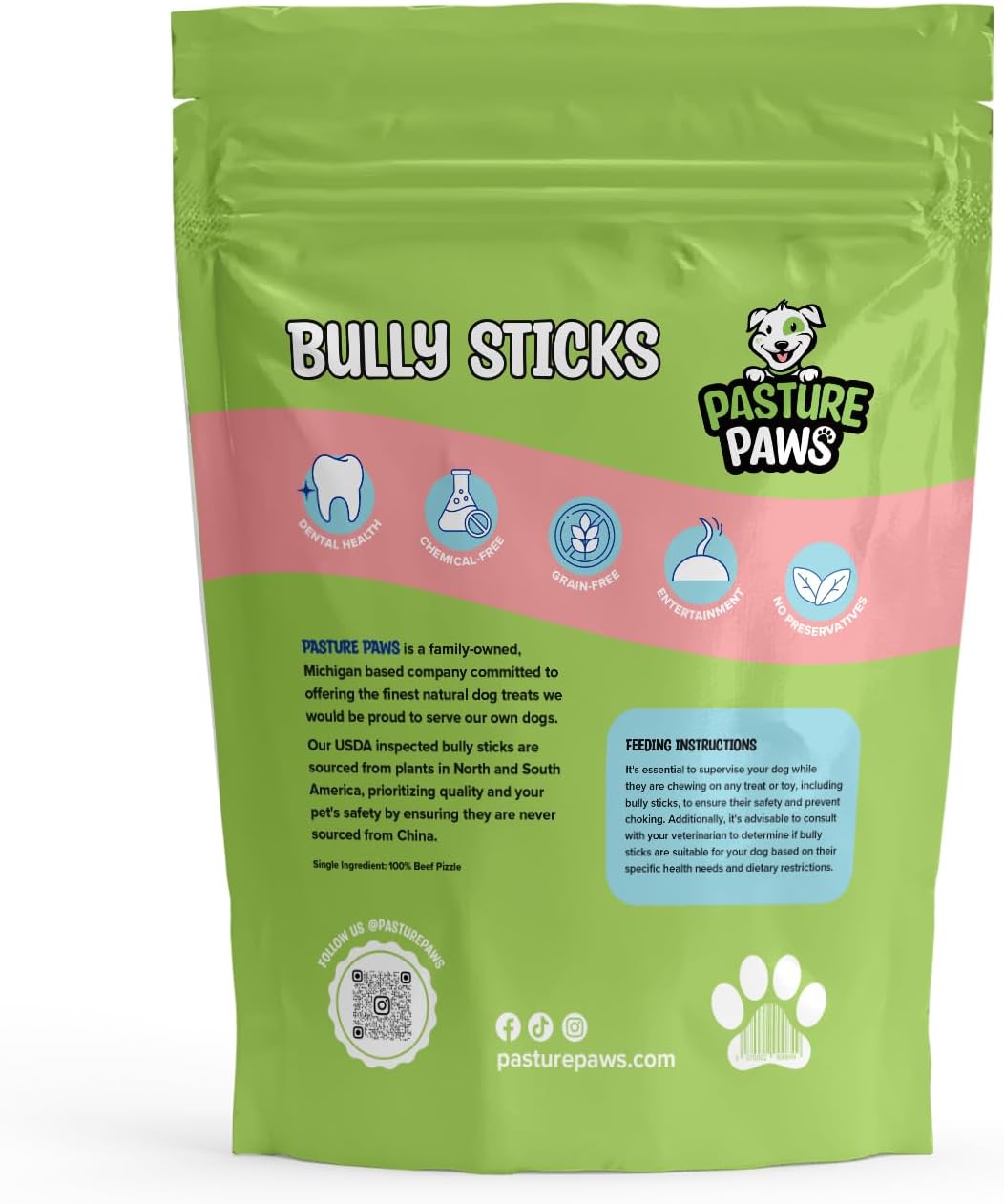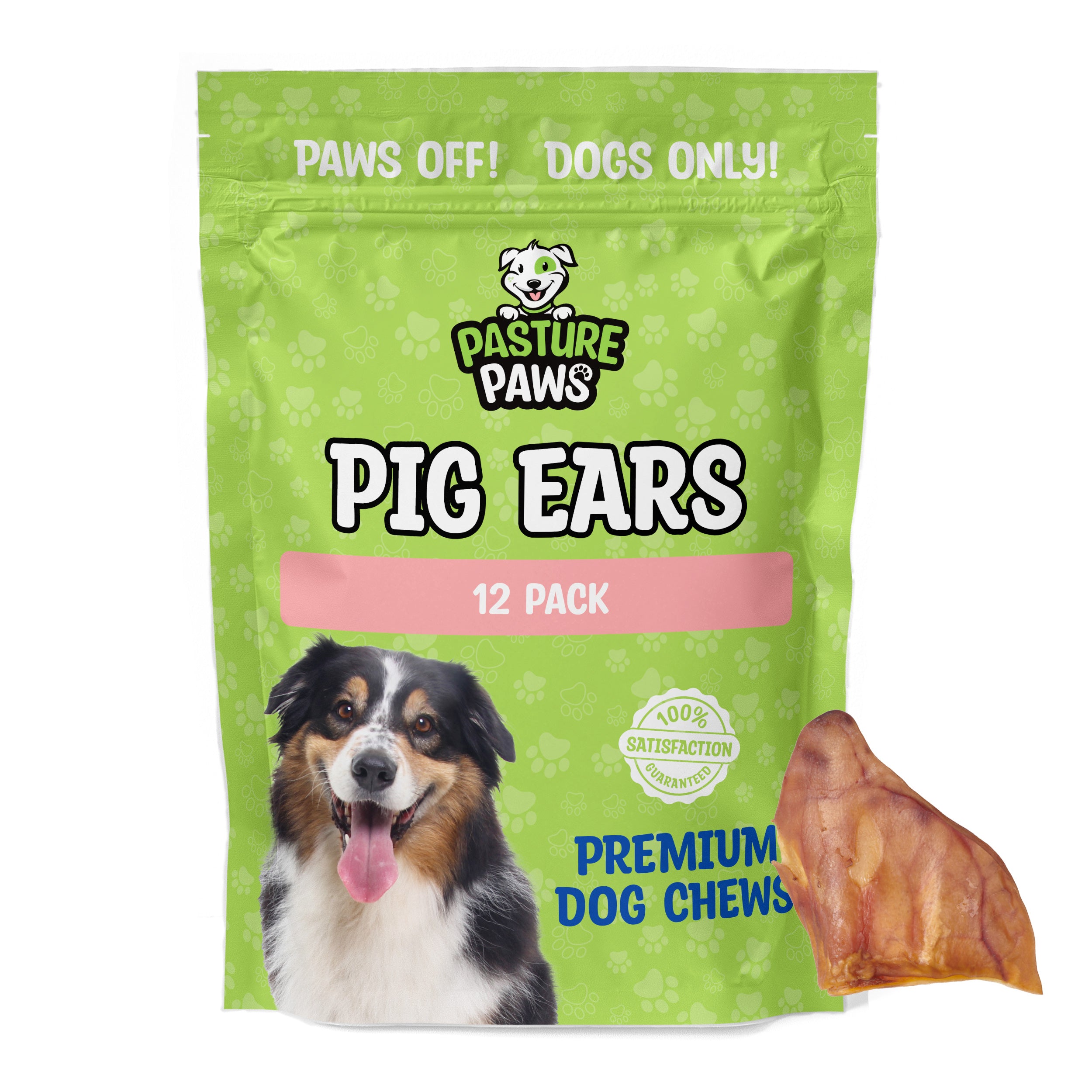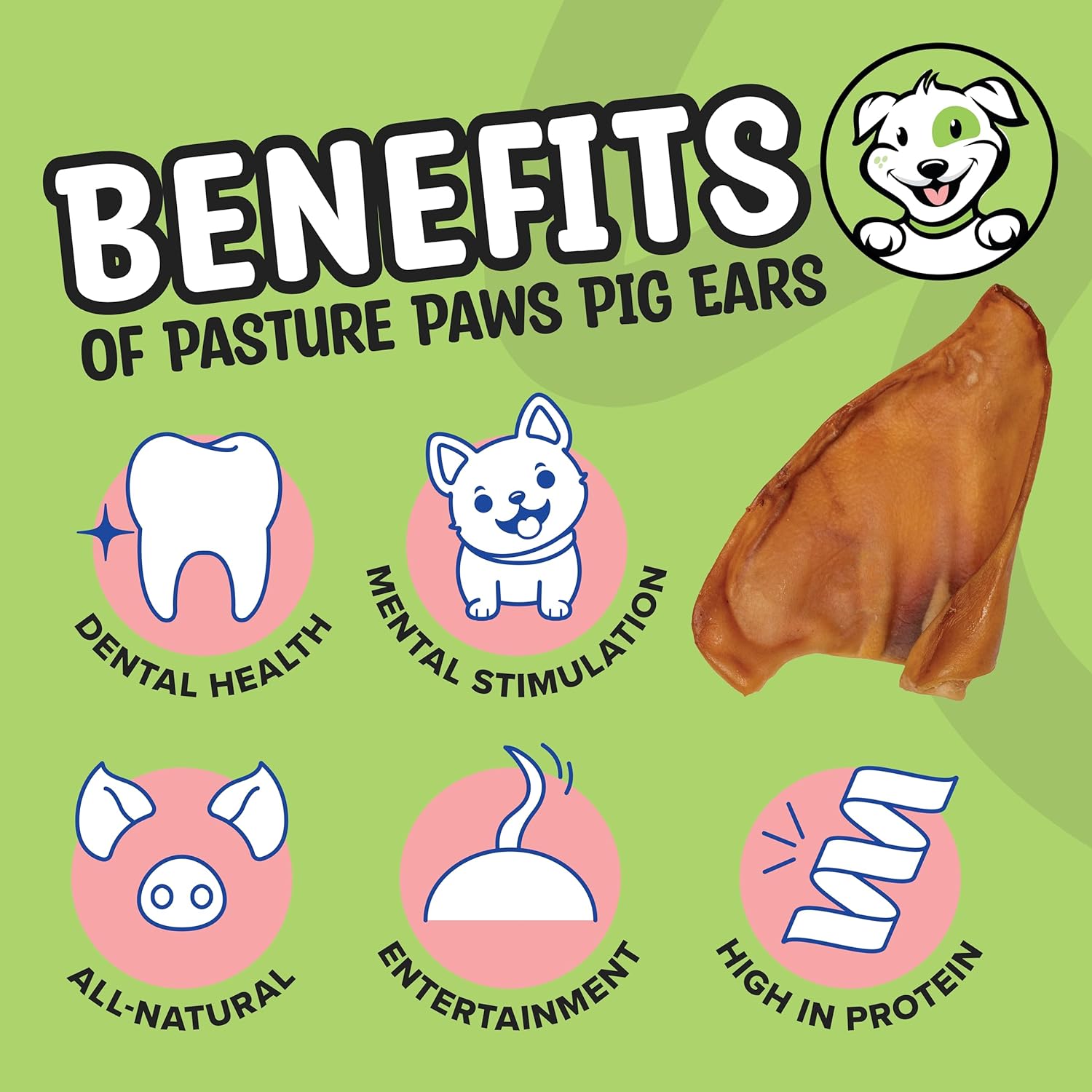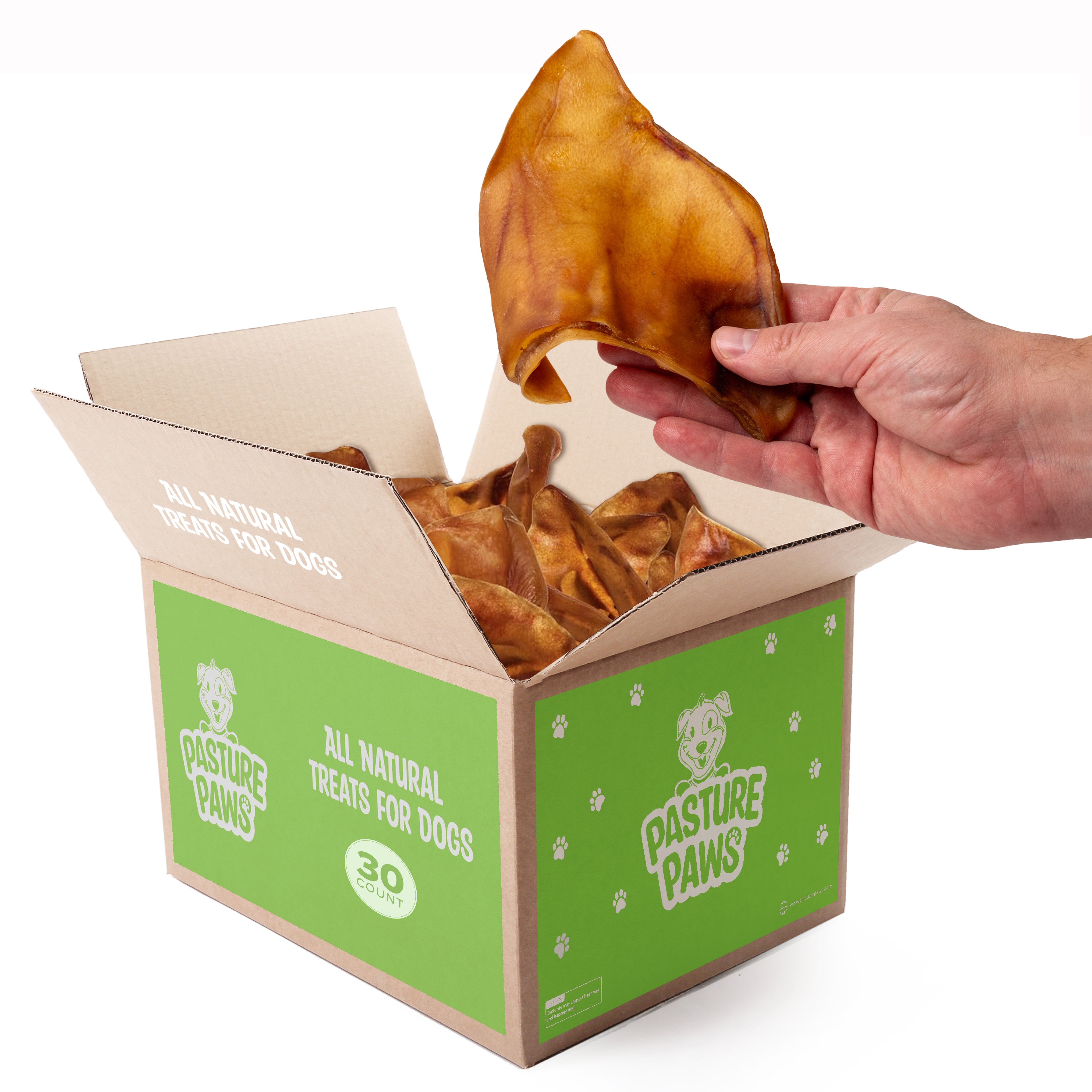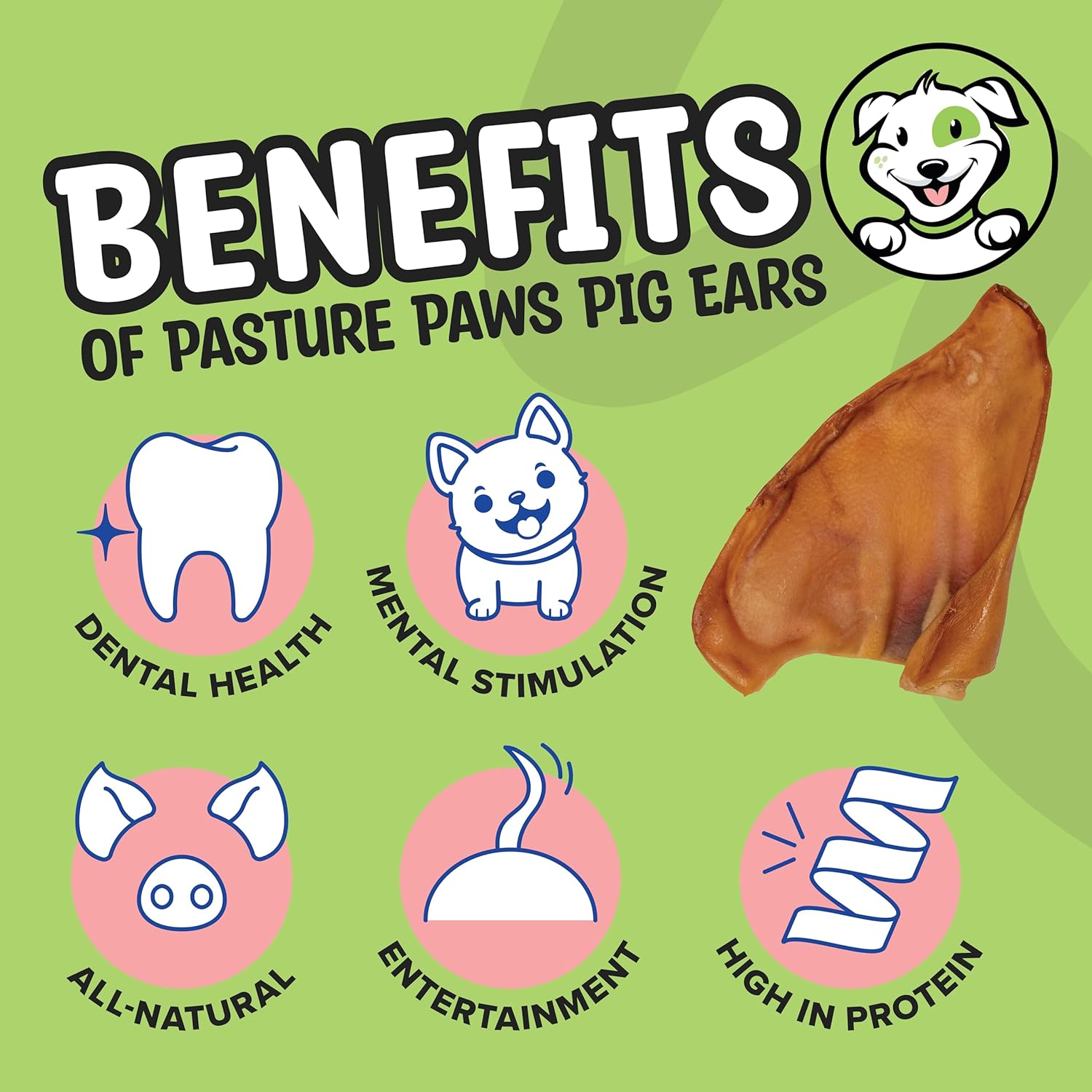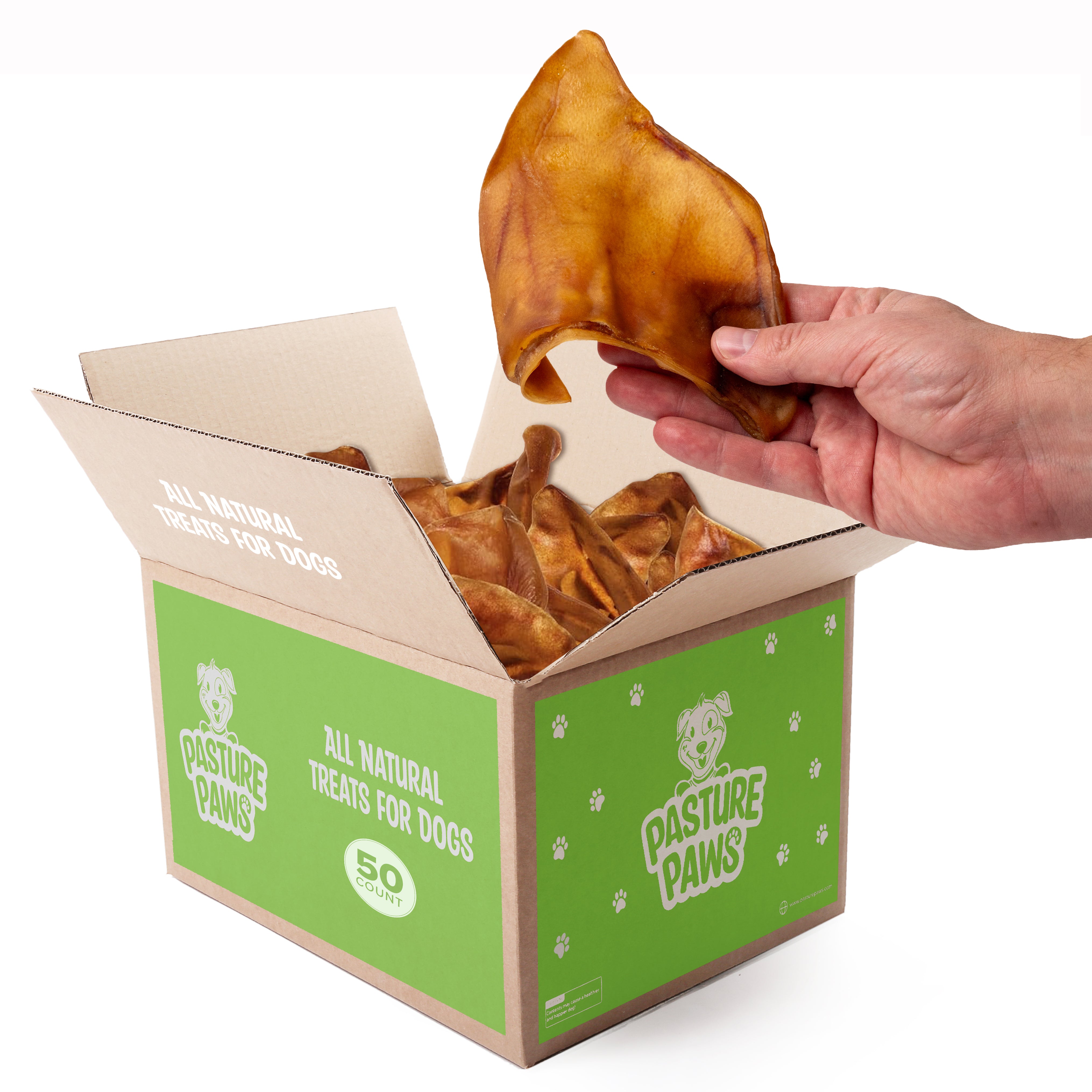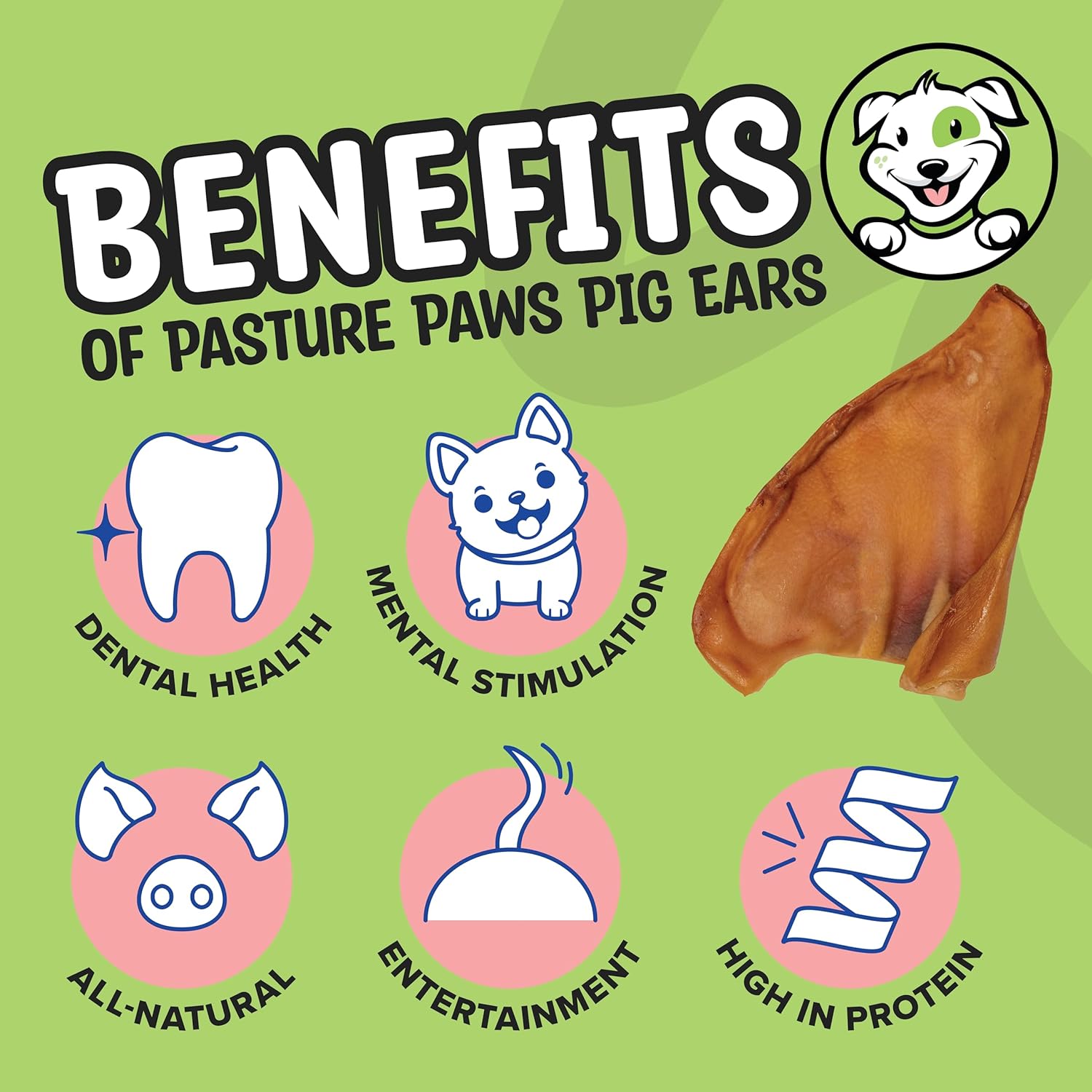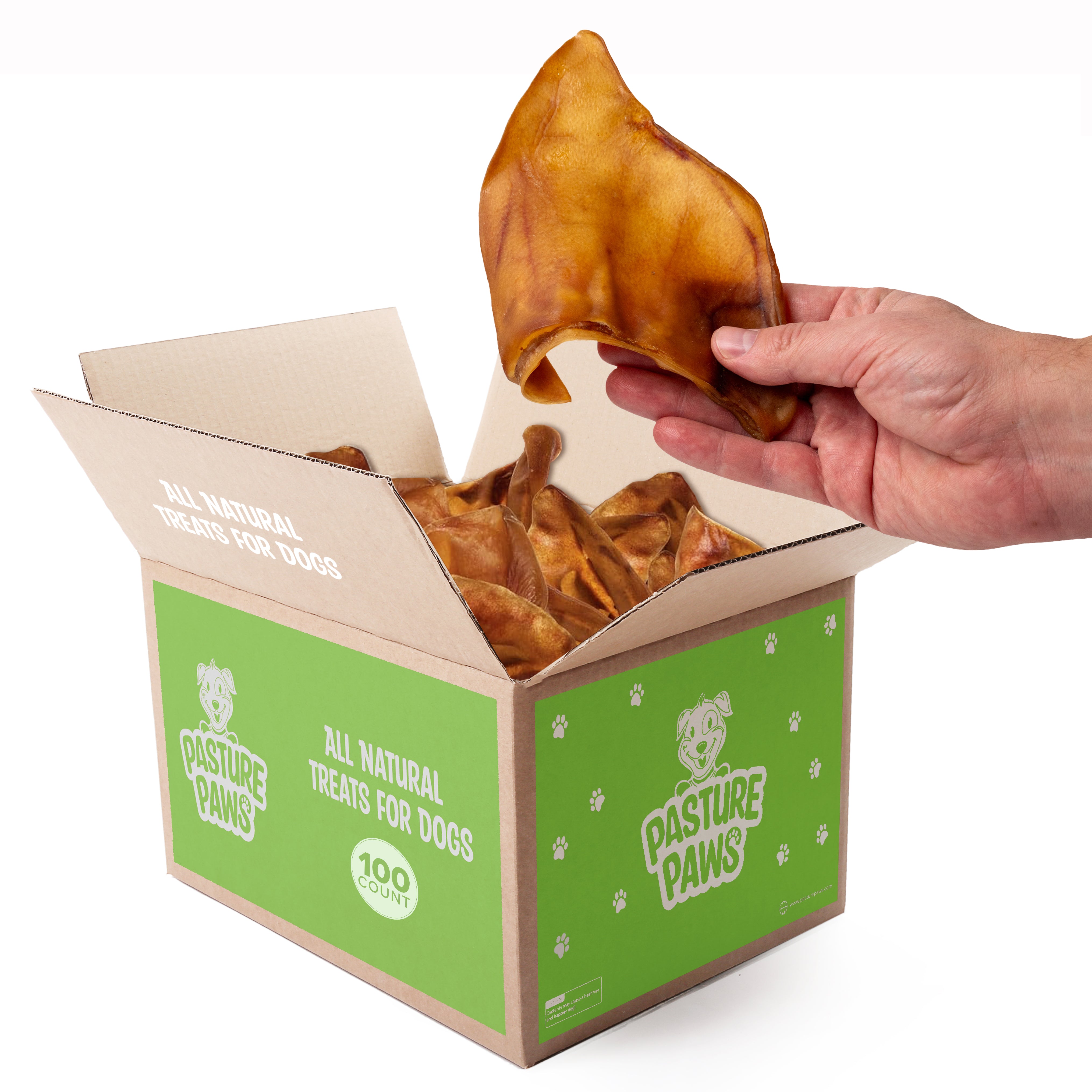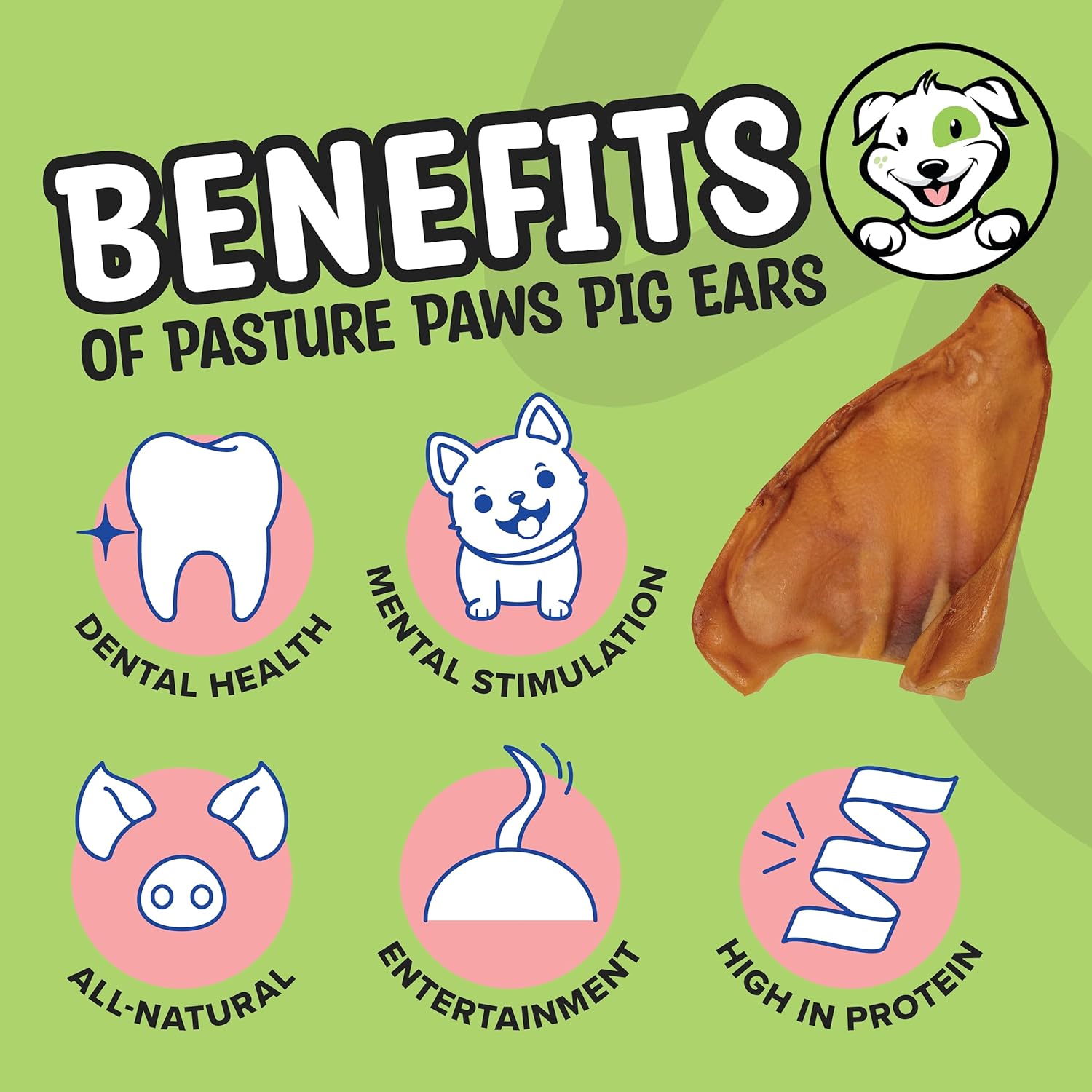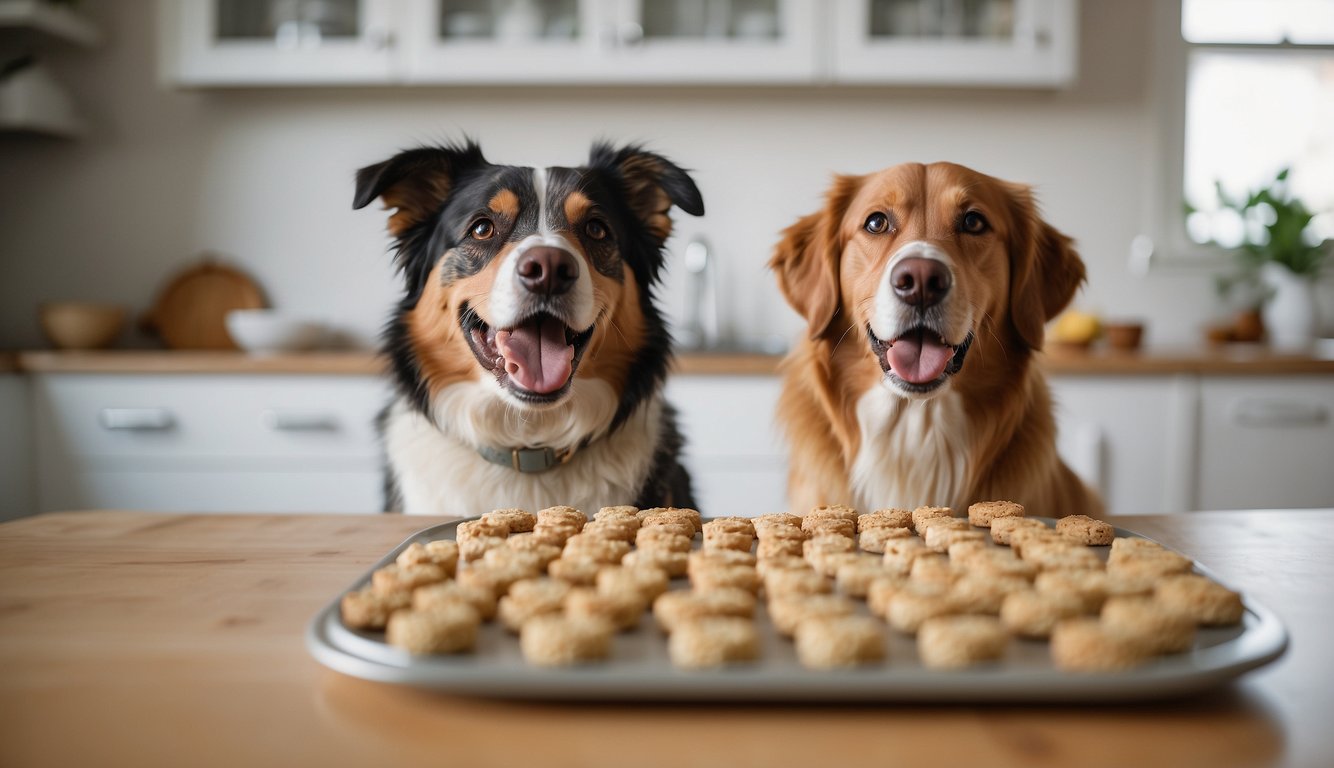As dogs get older, their needs change, especially when it comes to treats.
Soft dog treats are an excellent choice for older dogs because they are easier on their sensitive teeth and gums. These treats can also provide essential nutrients and promote good health as your dog ages.
Choosing the right treats can make a big difference in your dog's happiness and well-being.
Look for options that are high in quality and specifically designed for senior dogs.
These treats often include ingredients that support joint health, digestion, and overall vitality.
By selecting soft treats, you can ensure your furry friend enjoys snack time without discomfort.
Engaging your older dog with tasty, nutritious treats is a great way to keep them feeling happy and loved.
Understanding the Nutritional Needs of Senior Dogs

As dogs age, their nutritional needs change. A balanced diet that meets these needs is essential for their health and well-being.
Adjusting their diet can help improve their quality of life.
Importance of Adjusted Diet for Older Dogs
Older dogs often face various health issues.
These can include a slower metabolism, joint problems, and digestive concerns.
To address these, you should adjust their diet to provide the right balance of nutrients.
A proper diet includes higher levels of fiber to support digestion. This helps keep your dog’s digestive system functioning well.
Additionally, incorporating ingredients like glucosamine and chondroitin can promote joint health.
Even simple changes, like using soft dog treats, can make it easier for them to chew and enjoy their food.
A nutritious diet not only helps with physical health but also keeps your senior dog more active and engaged.
Health Benefits of Tailored Nutrients for Aging Canines
Senior dogs benefit from specific nutrients that support their overall health.
Omega-3 fatty acids are known for reducing inflammation. These nutrients are essential, especially for dogs with arthritis or joint pain.
Moreover, vitamins E and C can help boost cognitive function.
Many senior dogs experience cognitive decline, so keeping their brain healthy is vital.
Nutrients tailored for aging can help prevent or slow down these issues.
When you choose dog food for seniors, pay attention to ingredients.
Look for high-quality proteins and avoid fillers.
By providing a diet rich in beneficial nutrients, you can enhance your dog's health and longevity.
How Can You Choose Soft Treats for Older Dogs?

When selecting soft treats for older dogs, you should consider their dental health and any existing dental issues. Soft and chewy treats can be beneficial, but not all options are suitable for every dog.
Dental Health Considerations for Treat Selection
Older dogs often face dental challenges, such as gum disease or tooth loss.
Choosing the right treats is essential to support their dental health.
Look for treats labeled as soft and chewy. These types are less likely to hurt their gums or remaining teeth.
Hard treats can be painful for older dogs.
Check the ingredient list for natural ingredients and avoid fillers. Treats with additives can harm their digestive health.
Consider the nutritional value too.
Treats with high protein and low sugar are usually healthier.
Always make sure to adjust your dog's main meals accordingly to prevent weight gain.
Choosing Treats for Dogs with Dental Issues
Treats designed for dogs with dental problems should be soft enough to chew easily.
Look for specific products made for sensitive teeth, such as natural dental chews.
Treats with moisture can help them eat without discomfort.
Check for lubricated options or those infused with beneficial oils.
You might also want to consult your vet for specific recommendations.
They can provide advice based on your dog's individual needs, helping ensure you choose the best options.
Soft treats can still be tasty, nutritious, and supportive of your dog's health when selected wisely.
What Are the Best Soft Dog Treats for Senior Dogs?

Choosing the right soft dog treats for senior dogs is important for their health and happiness. Look for options that are easy to chew and packed with nutrition. Here are some top picks and tips for selecting the best treats.
Top Picks for Packaged Soft Treats
Beef Trachea Dog Chews
Consider Pasture Paws Beef Trachea Dog Chews sourced from grass-fed, free-range cattle for a natural and healthy option for your dog.
Rich in natural glucosamine and chondroitin, these chews support joint health and mobility, especially benefiting senior dogs.
The unique texture helps clean teeth and gums naturally, reducing plaque and tartar buildup for healthier teeth and fresher breath.
These chews provide extended entertainment and mental stimulation, alleviating boredom and stress.
Unlike rawhide, they are fully digestible and free from harmful additives and artificial flavors, ensuring a safe chewing experience.
Dogs love the rich, beefy flavor and satisfying crunch, making them perfect for training rewards or as a special treat.
Pasture Paws Pig Ears
For a single-ingredient treat, try Pasture Paws Pig Ears, sourced from trusted farms in North and South America.
These minimally processed treats provide mental stimulation and entertainment, keeping dogs engaged and preventing boredom.
The texture supports dental health by reducing plaque and tartar, promoting healthier gums and teeth.
With their irresistible taste and aroma, pig ears are a great choice for training rewards or special treats.
They are low in fat and protein, making them ideal for weight management and overall health.
Many customers love how these treats keep their dogs happy and occupied, and knowing they come from trusted sources ensures you're giving your pet a safe and high-quality treat.
Pasture Paws Cow Hooves
Pasture Paws Cow Hooves, made from high-quality, grass-fed cattle, are 100% natural and packed with essential nutrients.
These chews are free from artificial additives or preservatives, making them a wholesome and safe option for your dog.
The texture helps to clean teeth and gums naturally, reducing plaque and tartar buildup.
They also offer excellent mental stimulation and help alleviate boredom and stress.
Dogs love the natural flavor and satisfying chew, making these cow hooves a perfect choice for an engaging and healthy treat.
Many pet owners have noticed improved dental health and happier dogs with these chews.
Reading and Understanding Product Labels
When buying soft treats, focus on the label.
Look for treats with real meat or whole grains as the first ingredient. This is essential for senior dogs who need good nutrition.
Avoid treats with many preservatives or artificial flavors. These can add unnecessary chemicals to your dog’s diet. Instead, prioritize options with natural ingredients.
Pay attention to the caloric content.
Senior dogs often need fewer calories. Choose treats that are lower in calories to prevent weight gain.
Consider the treat's health benefits. Some treats contain added vitamins and minerals which help boost your dog's immune system.
By carefully selecting soft treats, you can enhance your senior dog’s meals with flavors they enjoy while ensuring their health.
Training Older Dogs with Soft Treats

Using soft chew dog treats can make training easier and more enjoyable for your older dog. These treats are usually more appealing due to their flavor and texture. Choosing the right treats can enhance your training experience.
The Role of Treats in Behavior Reinforcement
Treats play a key role in training by rewarding your dog for good behavior. When your dog performs a desired action, offering a soft treat helps to reinforce that behavior.
Older dogs often appreciate softer treats, as they are easier to chew.
You can try different flavors to find what excites your dog the most, whether it’s chicken, beef, or peanut butter.
Use treats consistently to build a strong connection between the behavior and the reward.
This way, your dog learns to associate good behavior with a tasty reward.
Selecting Size and Value for Effective Training
The size of the treat matters when training.
Choose small soft treats so your dog can eat them quickly and stay focused. This way, you can give rewards frequently without interrupting training sessions too much.
Look for soft treats that are easy to break into smaller pieces.
This helps keep the training rewarding without giving away too many treats.
Value is important, too.
Make sure the treats you use are of high quality and worth your dog's attention. This ensures that your dog will be motivated to perform the desired behavior in exchange for the treat.
Conclusion
As your dog ages, choosing soft treats is key to their comfort and well-being. These treats are gentle on sensitive teeth and gums while offering essential nutrients for joint health, digestion, and overall vitality. Opting for high-quality, senior-specific treats can significantly enhance your dog's happiness and make snack time a joy.
Check out our premium selection of treats for senior dogs to find the perfect match for your furry friend. Explore now to discover how these top-notch treats can keep your dog thriving and content as they enjoy their golden years.
Frequently Asked Questions
How often should I take my senior dog to the vet?
Regular vet visits are crucial for senior dogs. Aim for check-ups every 6 months to monitor their health and catch any potential issues early. Your vet can provide personalized recommendations based on your dog's specific needs and health condition.
What are some signs that my senior dog might need special care?
Watch for changes in behavior, mobility, appetite, or weight. Signs such as difficulty standing, reluctance to exercise, changes in eating or drinking habits, and noticeable weight loss or gain could indicate that your senior dog needs special care or a vet evaluation.
How can I help my senior dog maintain a comfortable and active lifestyle?
Ensure your senior dog has a comfortable bed with good support, and provide a balanced diet suited for their age and health. Regular, low-impact exercise is important, but tailor activities to their abilities. Consider supplements if recommended by your vet to support joint health and overall well-being.
What should I do if my senior dog has dental issues?
Dental health is important for senior dogs. Brush their teeth regularly with dog-friendly toothpaste, and consider dental chews or treats designed for dental care. Schedule dental check-ups with your vet to address any issues like plaque or gum disease and follow their advice for proper dental maintenance.
